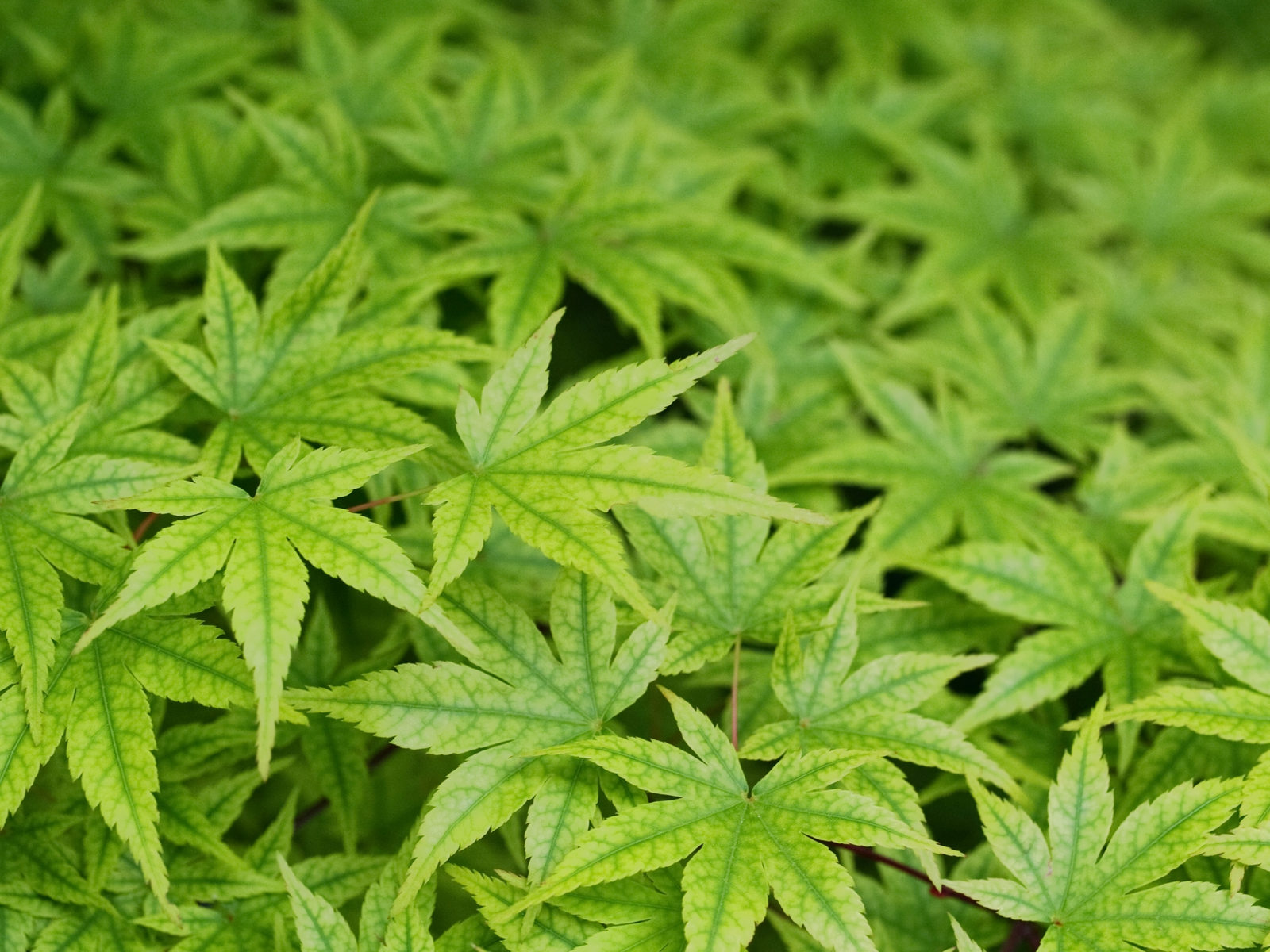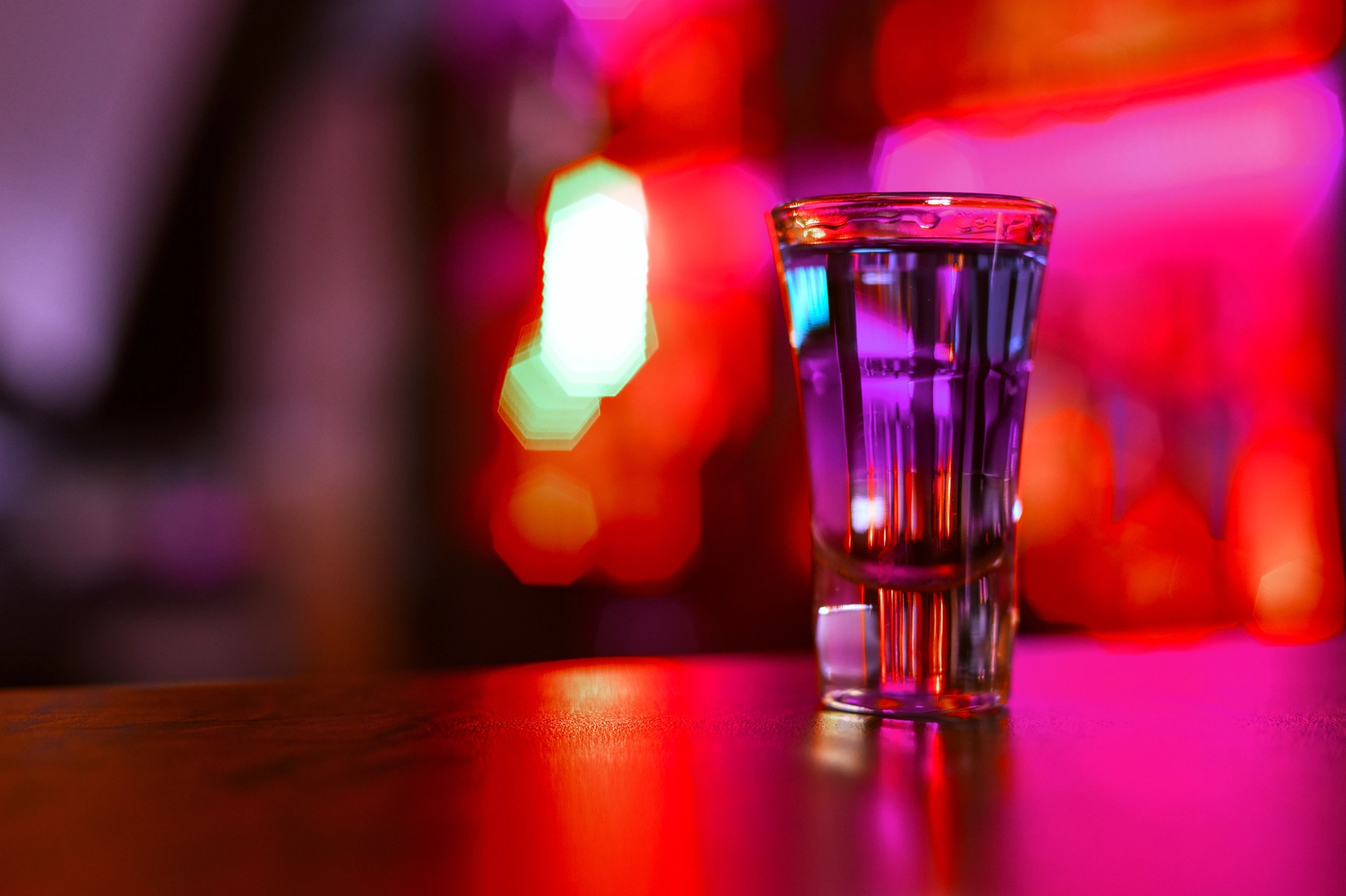What Happens if You Use Alcohol and Weed Together?

- Cannabis and alcohol are increasingly used together socially, but this combination produces unpredictable and potentially dangerous effects on the body.
- Cannabis affects the endocannabinoid system and can cause various side effects, from dry mouth to anxiety, while long-term use may impact memory, motivation, and mental health.
- When combined, alcohol enhances THC absorption and can lead to severe dizziness, nausea, impaired judgment, and increased risk of both substance use disorders and alcohol poisoning.
- While both substances may be legal in some states, using them together carries additional legal risks, especially when driving, and professional help is available for those concerned about their use of either substance.
As cannabis legalization spreads across the US, more people are finding themselves in social situations where both weed and alcohol are available. While alcohol has long been a familiar presence at parties, restaurants, and gatherings, marijuana is increasingly becoming as common. This combination – also known as crossfading – might seem like a natural pairing to some, but mixing these two substances can affect your body and mind in ways that are important to understand. Before deciding to use both together, it’s worth knowing how they interact and what risks you might be taking.
What is Cannabis?
Cannabis is a plant that has been used for both medicinal and recreational purposes for thousands of years.[1] Also known as marijuana, weed, or pot, it contains hundreds of chemical compounds, with THC (tetrahydrocannabinol) and CBD (cannabidiol) being the most well-known. THC is primarily responsible for the high that people experience, while CBD is non-intoxicating and often associated with potential therapeutic benefits.[2] The plant can be consumed in various ways, including smoking, vaping, dabbing, eating (through edibles), or using oils and tinctures.
Cannabis has a complex substance interaction with the human body’s endocannabinoid system, a network of receptors that plays a role in mood, memory, appetite, and pain sensation.[3] Different strains of cannabis can produce varying effects, ranging from relaxation and euphoria to increased energy and creativity. These effects largely depend on the balance of compounds present in the particular strain and the individual’s own body chemistry and tolerance levels.
What Are the Potential Side Effects of Cannabis Use?
While many people use cannabis without significant issues, it can cause both short-term and long-term side effects that vary from person to person. In the short term, cannabis can cause dry mouth, red eyes, increased appetite, and changes in time perception.[4] Some people might experience anxiety or paranoia, especially with higher doses or potent strains. Physical coordination and reaction time can be impaired, which is why driving under the influence is both dangerous and illegal.
More significant side effects can include memory problems, difficulty concentrating, and impacts on motivation, particularly with regular, heavy use.[5] Some people may experience dizziness, nausea, or headaches, especially if they’re new to cannabis or consume too much. While uncommon, some users might experience more severe reactions like panic attacks or temporary psychosis. For those with a family history of mental health conditions, cannabis use may increase the risk of developing or triggering these conditions.
Are There Long-Term Effects?
Some studies suggest impacts on brain development in young users, which is why most medical professionals recommend waiting until adulthood to try cannabis.[6] There’s also the potential for developing cannabis use disorder, where someone becomes dependent on the drug in their daily life.[7]
What Happens When Weed and Alcohol Are Consumed Together?
When you combine cannabis and alcohol, the effects can be more intense and unpredictable than using either substance alone, and it can amplify both the pleasant and unpleasant effects of both substances.[8] Alcohol can increase THC absorption in your bloodstream, meaning you might get much higher than expected from your usual amount of cannabis. This enhanced effect can be compounding, catching even experienced marijuana users off guard.
Alcohol can also hit you before you feel the full effects of cannabis, especially with edibles.[9] This delayed onset can lead people to misjudge their level of intoxication. Common effects of combining the two include increased dizziness, nausea, and disorientation. Some people experience a severe form of dizziness that can lead to vomiting and extreme discomfort. The combination also significantly impairs judgment, coordination, and reaction time far more than either substance alone.
The order and timing of your consumption matters, too.[10] Using cannabis after drinking can increase the likelihood of nausea and dizziness, as alcohol expands blood vessels and can speed up THC absorption. This combination can also make you more prone to cannabis overconsumption, which can include pale skin, sweating, nausea, anxiety, and, in some cases, temporary blackouts. While these effects are typically not life-threatening, they can be extremely unpleasant and potentially dangerous if you need to respond to an emergency or are in an unsafe environment.
What Are the Potential Health Risks for Combining Alcohol and Cannabis?
Regular use of alcohol and cannabis raises significant public health concerns, particularly among young adults and adolescents. Studies show that simultaneous use of alcohol and THC (tetrahydrocannabinol) can increase the risk of substance use disorders and mental health problems.[11] Recent research in psychopharmacology has revealed that this combination can lead to dangerous increases in heart rate and blood pressure while also heightening the risk of alcohol poisoning due to impaired judgment about consumption levels.
The long-term effects of concurrent alcohol and marijuana use are still being studied, but healthcare providers have observed concerning patterns. The prevalence of binge drinking tends to be higher among regular cannabis users, suggesting that the combined effects may create a cycle that increases the risk of developing both alcohol use disorder and cannabis use disorders.[12]
Are There Legal Ramifications?
Mixing alcohol and cannabis can put you in a particularly risky legal situation, depending on the circumstances. While alcohol is legal for adults 21 and over, cannabis remains federally illegal in the US, even though many states have legalized it for medical or recreational use.[13] This creates a complex legal landscape where the consequences can vary significantly depending on the location. Even in states where both substances are legal, using them together can lead to serious legal troubles, especially if you attempt to drive or engage in other potentially dangerous activities while under the influence.
All states have strict laws against driving under the influence of either substance, and the penalties are often enhanced when multiple substances are involved. Law enforcement officers are trained to detect both alcohol and drug impairment, and many jurisdictions now use advanced testing methods to identify cannabis use alongside traditional alcohol breathalyzer tests. A DUI conviction involving both substances can result in heavier fines, longer license suspensions, and increased chances of jail time compared to single-substance charges.
How Can I Get Help for Alcohol or Cannabis Use?
If you’re concerned about your alcohol or cannabis use – whether separately or in combination – there are many confidential resources and professional support options available. The first step is often speaking with a healthcare provider or calling a substance use helpline, where trained professionals can help you assess your situation and discuss potential next steps. These confidential conversations can help you understand whether professional intervention might benefit your use patterns.
Treatment options vary widely and can be designed to your specific needs, from outpatient counseling to more structured programs. Many people find success with support groups, therapy, or counseling sessions that help address both the substance use itself and any underlying factors contributing to it.
Seeking help is a proactive step toward taking control of your health and well-being. Healthcare providers and treatment specialists can work with you to develop a plan that fits your life circumstances, whether you want to cut back or quit entirely.
Frequently Asked Questions About Combining Alcohol and Weed
Are you or a loved one struggling with Alcohol abuse?

